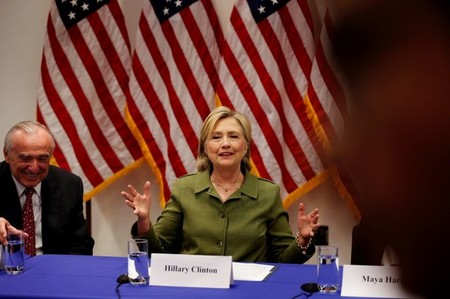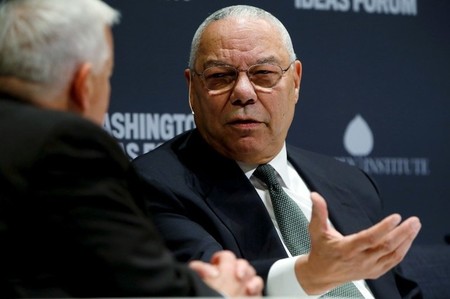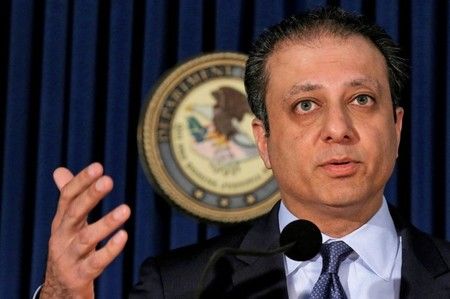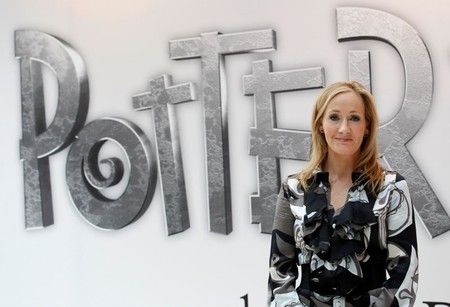Advertisement
Judge orders State Department to review 14,900 Clinton emails

By Ginger Gibson and Arshad Mohammed
WASHINGTON (Reuters) – A judge ordered the U.S. State Department on Monday to review for possible release 14,900 of Hillary Clinton’s emails and attachments that the FBI found when investigating her use of a private email server as secretary of state.
The judge also scheduled a Sept. 23 hearing on when to release the emails, a deadline that raises the possibility some will become public before the Nov. 8 presidential election between Democrat Clinton and her Republican rival, Donald Trump.
Questions about her email practices as secretary of state have dogged Clinton’s White House run and triggered a Federal Bureau of Investigation probe that found she was “extremely careless” with sensitive information by using a private server but recommended against bringing charges.
State Department spokesman Mark Toner told reporters it was still reviewing the 14,900 documents and it was unclear how many were personal or work-related. He also said it was unclear how many may duplicate those already released but that there were “likely to be quite a few” not previously disclosed.
The department has already culled through some 30,068 of Clinton emails from her 2009-2013 tenure as secretary of state and released most of them, amounting to some 55,000 pages. More than 2,000 emails were found to contain classified information.
The disclosure of further emails could provide more fodder for opponents who have seized on the issue to argue that Clinton is untrustworthy.
Clinton, who leads Trump in opinion polls, has said she did not compromise classified information and used a private server for convenience. She later apologized, saying: “I take responsibility.”
The order by U.S. District Court Judge James Boasberg, who is overseeing a group of lawsuits seeking to make Clinton’s emails public, came the day a conservative watchdog group, Judicial Watch, made public a batch of Clinton’s emails obtained through a lawsuit.
Judicial Watch said the emails showed donors to the Clinton family’s charitable foundation seeking access to her during the period she was secretary of state.
Toner said the State Department believed there was “no impropriety” in foundation officials seeking to meet Clinton, saying any secretary of state or aides get such requests from a wide range of people.
The 14,900 documents referred to by Boasberg are believed to include emails not included among those Clinton previously turned over to the State Department after her use of a private email server and private email account became public.
“This number reflects both non-record (meaning personal) and record materials (meaning work related),” said a U.S. official who spoke on condition of anonymity.
Some of the emails were found on the servers of people with whom Clinton or her staff was communicating.
‘TRYING TO PIN IT ON ME’
Former Secretary of State Colin Powell dismissed reports over the weekend that Clinton told federal investigators that it was at his suggestion that she used a personal email account, according to a media report.
Powell, who served as the nation’s top diplomat from 2001 to 2005 under Republican President George W. Bush, told People magazine that while he did send Clinton a memo about his own email practices, Clinton had already chosen to use personal email rather than a government account while she had the job.
“Her people have been trying to pin it on me. … The truth is, she was using (the private email server) for a year before I sent her a memo telling her what I did,” Powell told People on Saturday.
The New York Times reported last week that Clinton told federal investigators that Powell had suggested she use personal email for unclassified email when the two spoke over dinner. The conversation occurred “in the early months” of Clinton’s tenure at the State Department, the Times said, citing a forthcoming book by journalist Joe Conason that first reported the dinner exchange.
Representatives for Powell, in a separate statement to NBC News, said he had no recollection of the conversation with Clinton.
“He did write former Secretary Clinton an email memo describing his use of his personal AOL email account for unclassified messages and how it vastly improved communications within the State Department,” his office told NBC on Friday.
The email exchange occurred in 2009, according to the Times.
Powell and aides to his successor as secretary of state in the Bush administration, Condoleezza Rice, received some classified information via personal email accounts, Reuters has reported. Clinton’s additional use of a personal computer server at her home, however, broke State Department rules, an internal watchdog found.
(Additional reporting by Susan Heavey; Editing by Frances Kerry and Peter Cooney)












